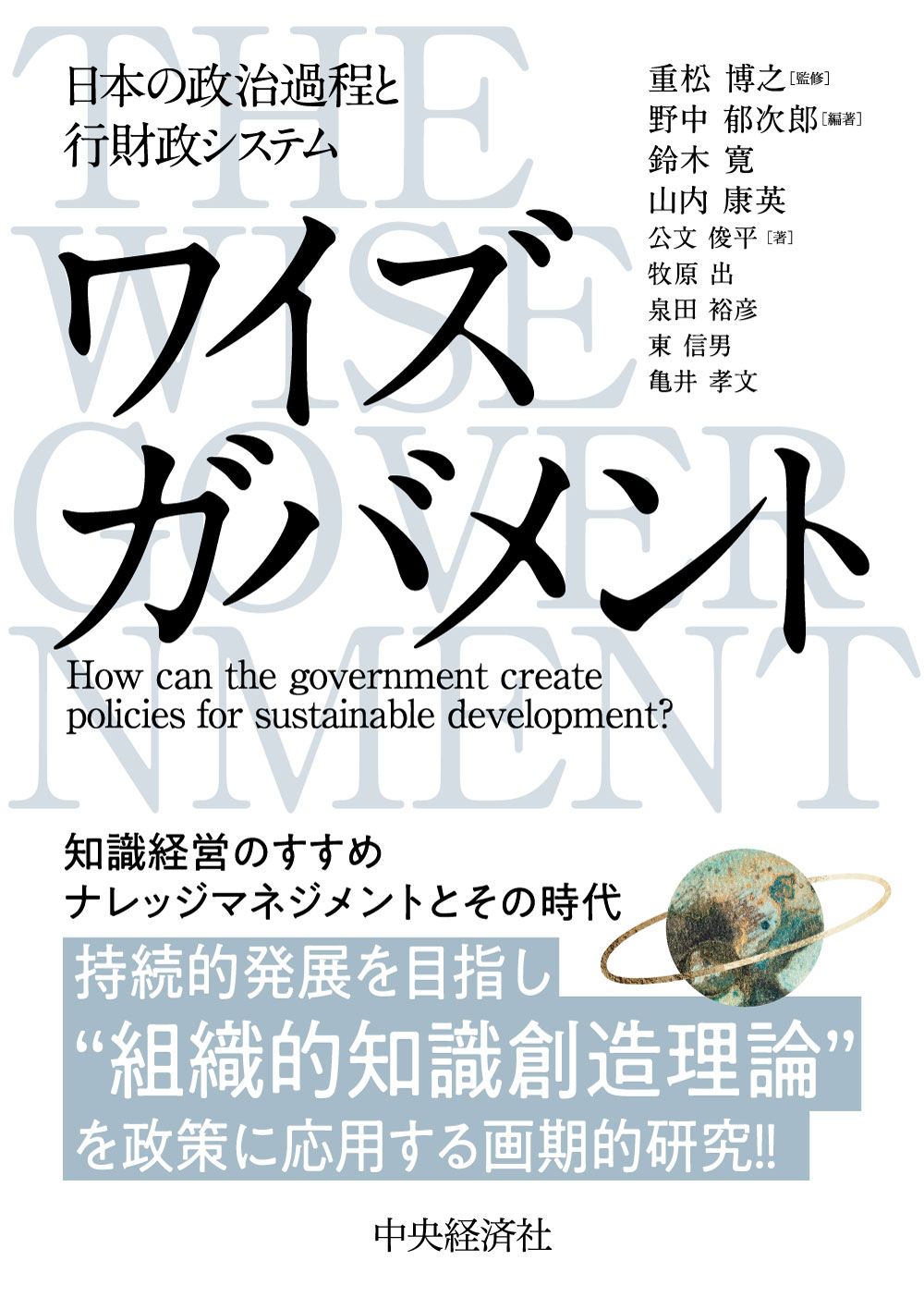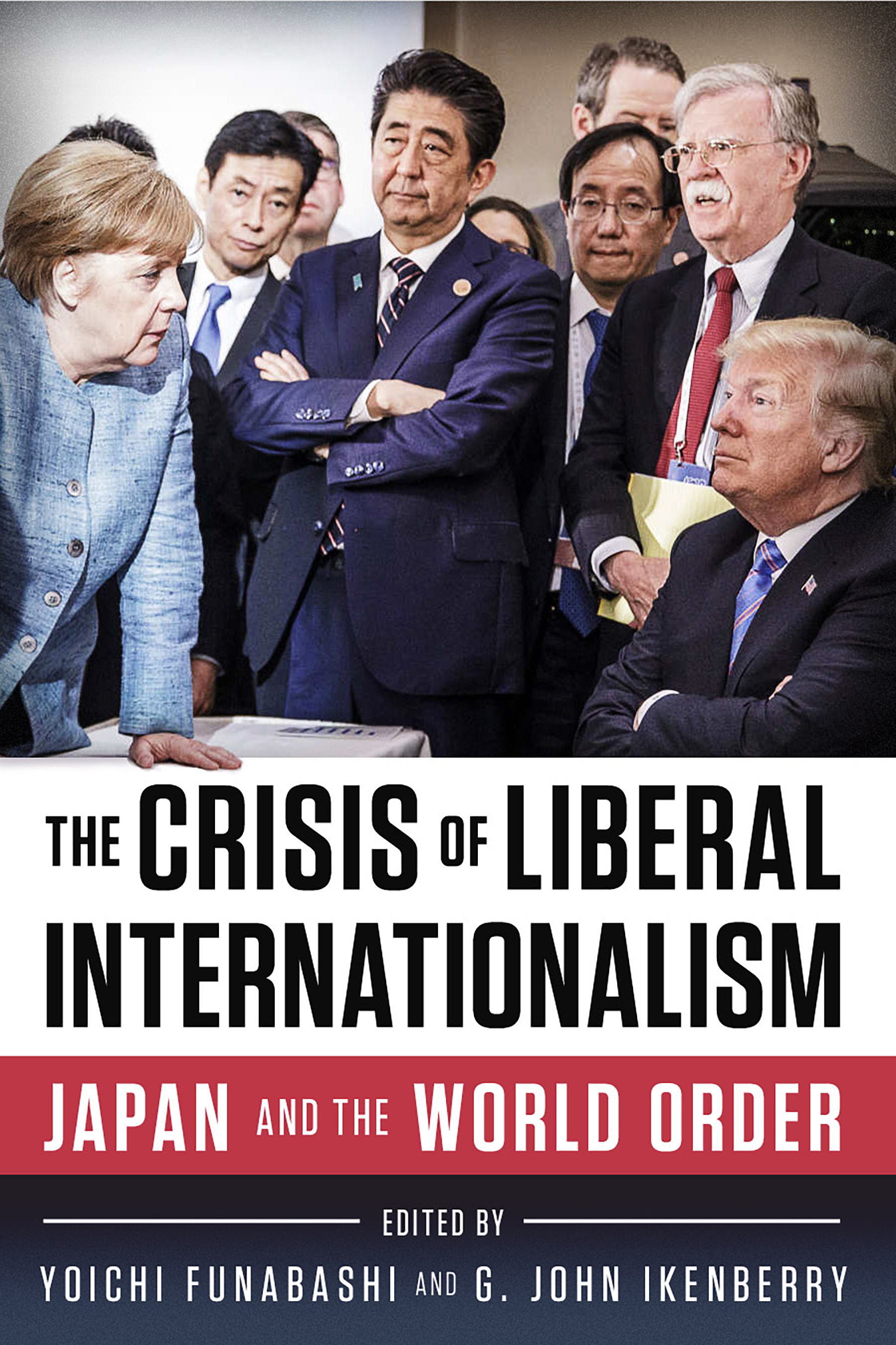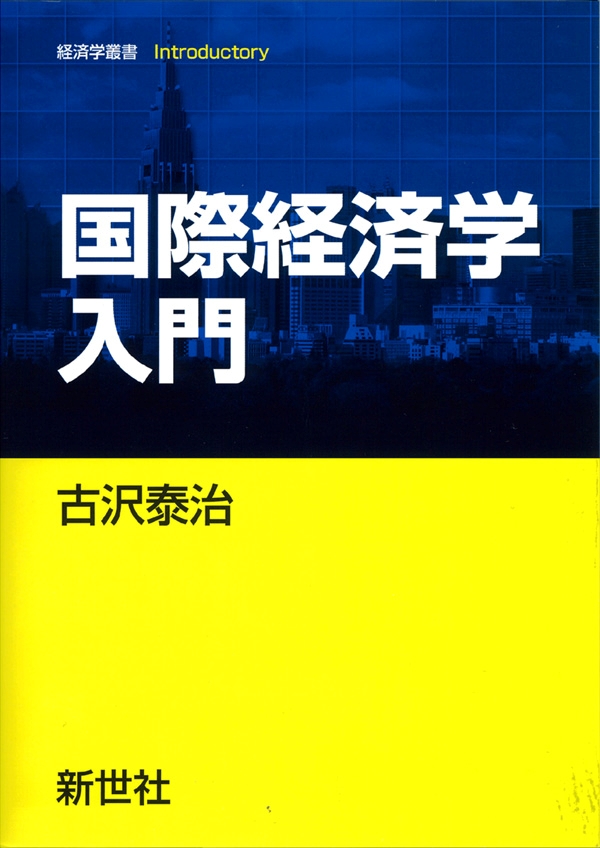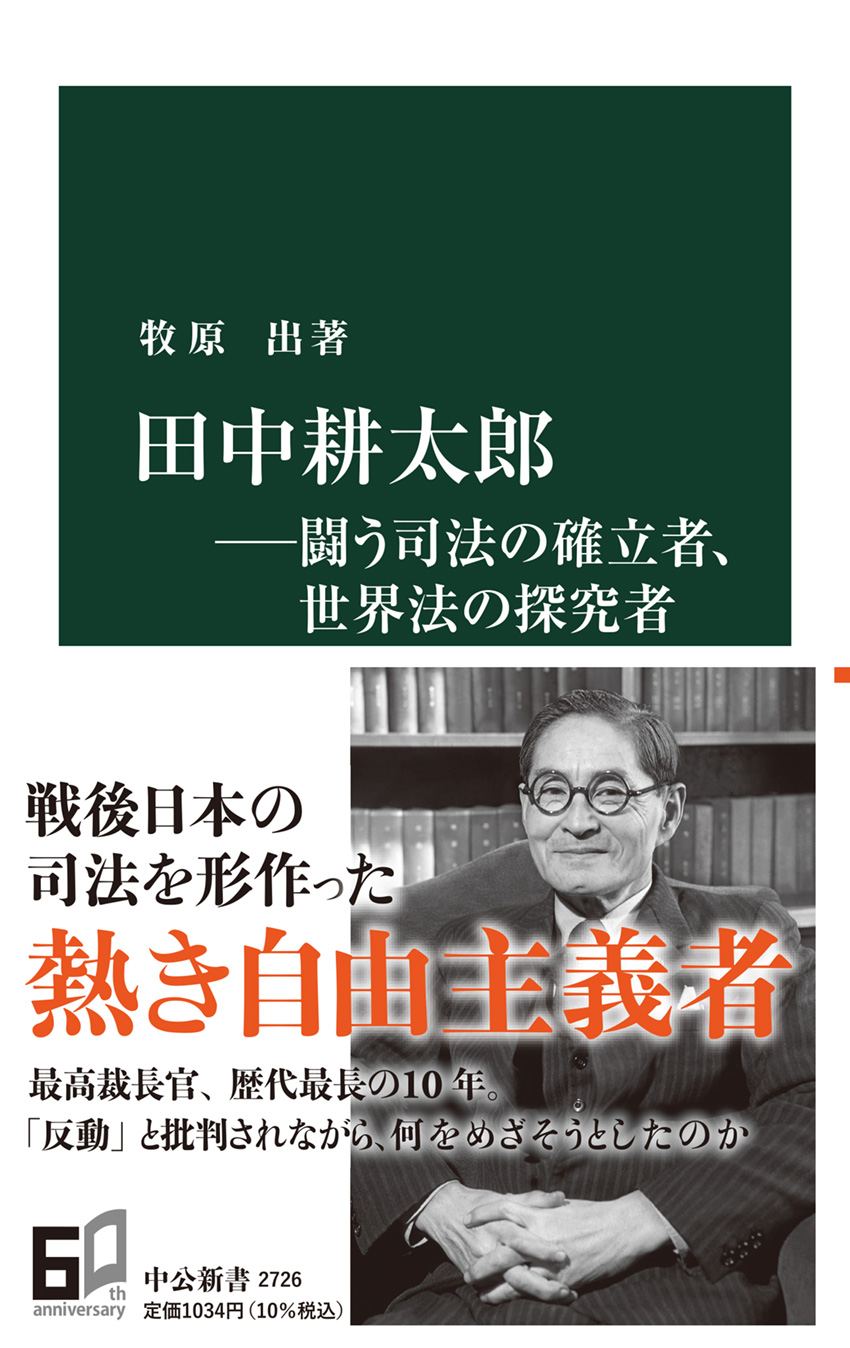
Title
The Wise Government (Political Processes and Systems for Public Administration and Finance in Japan)
Size
272 pages, A5 format
Language
Japanese
Released
October 26, 2021
ISBN
978-4-502-38851-4
Published by
CHUOKEIZAI-SHA Holdings, Inc.
Book Info
See Book Availability at Library
Japanese Page
Political issues in Japanese society are addressed by national policies formulated through deliberations in accordance with the various schemes that are a part of Japan’s parliamentary representative democracy. These processes are supported by the interchange of enormous amounts of tacit and explicit knowledge. This book treats Japan’s political processes as the creation of social knowledge and applies the theory of organizational knowledge creation used in management studies.
Nation states that have developed in the process of global modernization face ever-changing and expanding demands of domestic society. To address these changing demands, governments have an obligation to continuously and innovatively improve the quantity and quality of accountability regarding all aspects of administration—from the composition of the budget to the macroeconomic principles of fiscal policy and coordination of a vast number of policies. Understanding of and participation in these governmental activities requires a bird’s-eye view that incorporates the perspectives of political science, public administration, public finance, public accounting, management studies, organizational theory, and macroeconomics. As such, this book has enlisted researchers and seasoned practitioners at the forefront of their fields as authors, with each chapter being designed as an introduction to the latest research in a particular discipline. The list of disciplines includes political science, theory on the policy-making process, public administration, macroeconomics, and public finance and accounting.
In Chapter 1 titled “Political Processes and Organizational Knowledge Creation,” Ikujiro Nonaka analyzes Japan’s policy formation processes that involve multiple organizations from a management studies perspective using organizational theory. The key element of the chapter is its application of the SECI model of organizational knowledge creation to policy formation. In Chapter 2 titled “The Current State of Japanese Public Finance and Macroeconomic Theory,” Shunpei Kumon presents a broad overview of macroeconomics and its theories. Kumon sets aside conventional economic theory and focuses on sovereign currency theory, which is deeply tied to the modern monetary theory. In Chapter 3 titled “Political Science and Political Philosophy,” Kan Hiroshi Suzuki uses the concept of “deliberation” as a starting point for exploring Cass Sunstein’s republicanism from the perspective of political philosophy. In Chapter 4 titled “Coordination in Public Administration and Finance,” as orthodox discourse on public administration, Izuru Makihara demonstrates the need for reorganization of the central bureaucracy and a shift in leadership to the prime minister from the standpoint of coordination of administrative acts. In Chapter 5 titled “Management of Local Governments and the Implementation of Policy Planning,” Hirohiko Izumida applies organizational knowledge creation theory to policy management in local government based on his professional experience as a prefectural governor; the chapter presents a case study of local government as an organization.
In Chapter 6 titled “Public Finance and Accounting in the United States,” Nobuo Azuma outlines the budget compilation and public accounting cycle in the United States and examines the Government Performance Results Act of 1993 that contributed to the reorganization of US public finance. In Chapter 7 titled “Germany’s Cameral Accounting and NPM,” Takafumi Kamei outlines the German federal government’s budget compilation and public accounting cycle and explains how Germany practices “extended cameral accounting” based on principles conforming to a continental tradition that differs from those of the United States and Great Britain. These two chapters are international comparisons that straddle research on public accounting and public administration. The budget compilation and public accounting cycles of different countries differ to a surprising degree depending on the unique social and institutional circumstances and histories of each country. In Chapter 8 titled “Basic Concepts and Principles of Governmental Audits,” Hiroyuki Shigematsu explains the historical evolution of public accounting schemes and governance of governmental finance in Japan as an introduction to public accounting research.
(Written by SUZUKI Hiroshi, Professor, Graduate School of Public Policy / 2022)



 Find a book
Find a book






